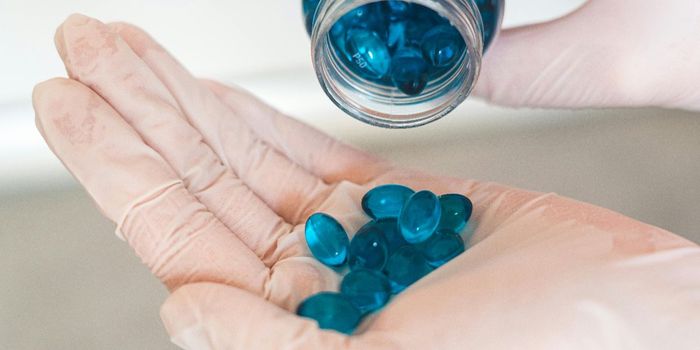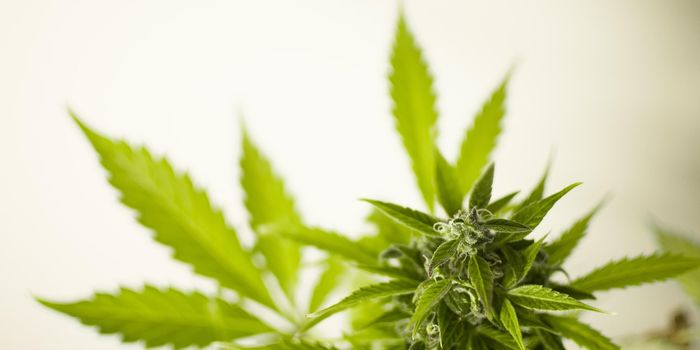Sugar, Pregnancy, and Brain Health: Is There a Connection?
When a woman is pregnant, her concern is keeping herself healthy and doing the best she can to ensure a healthy baby. Pregnancy is a long haul of medical issues, health concerns, and stress, but most expectant mums are all about learning as much as they can about health, nutrition and preparing for a whole new life.
New research published in American Journal of Preventive Medicine suggests that women who consume large amounts of sugar in during their pregnancies risk giving birth to children who have lower levels of cognition compared to those children who had mothers who limited sugar intake during their pregnancies. While the "mommy wars" on women's health issues do not offer anything substantive on maternal health, this new study does provide some helpful information for expectant mothers.
When you look at the current research on pregnancy, of course, the main caveats are that smoking, drug use and consuming alcohol are all ill-advised when a woman is expecting. But while sugar is something to be limited, for most people, is it really something that moms-to-be need to stress out about? Everything in moderation, right? Yes, consumption of refined sugar can have health implications, for those who are expecting a child or, really, for anyone, but in pregnancy, everything is so much more significant.
Juliana F.W. Cohen, ScD, School of Health Sciences, Merrimack College, North Andover, MA, and Department of Nutrition, Harvard T.H. Chan School of Public Health is the lead author on a recent study that looked at sugar consumption and pregnancy. She explained, "The aim of our study was to examine associations of pregnancy and offspring sugar consumption (sucrose, fructose) with child cognition. Additionally, we examined associations of maternal and child consumption of SSBs, other beverages including diet soda and juice, and fruit with child cognition." SSB refers to "sugar-sweetened beverages" in this report.
The data for this study came from Project Viva, which contained dietary assessments from more than 1,000 pregnant women. The study period was from 1999 to 2002, and the babies born to women who participated in the study were followed and examined at the age of three and the age of seven. The results of the survey show that cognitive skills of the offspring of moms who consumed SSBs or diet soda were lower than those who were born to mothers who did not consume large amounts of sugar or diet drinks.
Specifically, sugar consumption by an expectant mum, such as sweet drinks or other sugary foods, was associated with lower skills in problem solving and verbal memory in the offspring of these mothers. In mothers who consumed diet soda, their children showed decreased fine motor skills as well as visual-spatial, and visual motor abilities in early childhood. Continuing into middle childhood, children of mothers who consumed diet drinks had lower scores on verbal skills.
In contrast, children whose mothers consumed fruit during pregnancy showed higher cognitive scores in various testing and also showed higher levels of receptive vocabulary. This finding continued into children who had diets rich in fruit and natural fruit sugar. Consumption of fruit juice was not associated with improved cognition which suggests any benefit is from phytochemicals in fruit and not merely the fructose present in the juice. Check out the video below to find out more information on maternal nutrition and how it could impact cognition in children.
Sources: Newsweek American Journal of Preventative Medicine Science Daily









